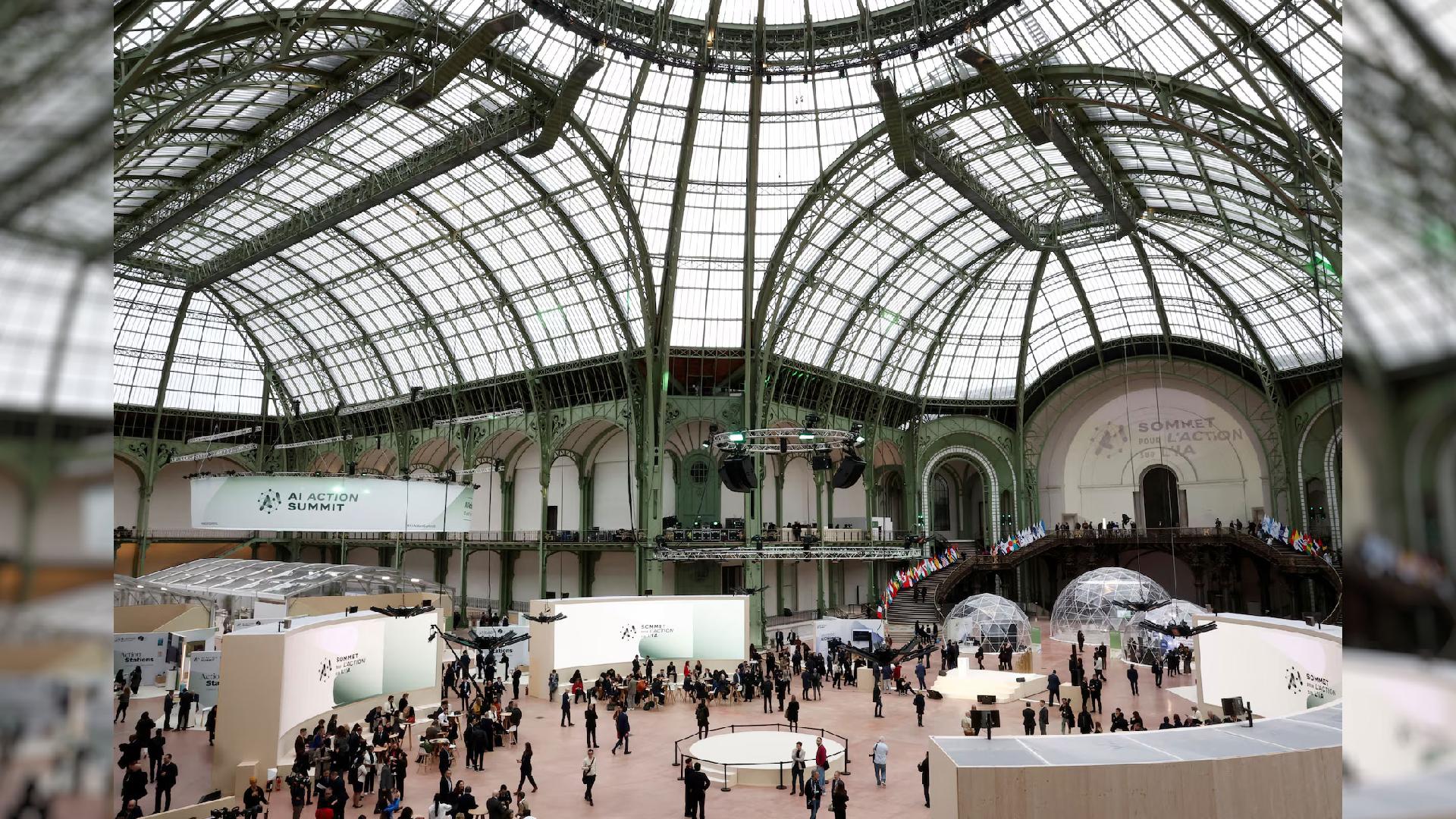Samsung's 75% Efficient Cooling Tech Wins Engineering Nobel

The recent breakthrough in Peltier cooling technology developed by Samsung and Johns Hopkins University is an important milestone in sustainable engineering. Winning the 2025 R&D 100 Award, often likened to the Nobel Prize in engineering, highlights the significant implications this innovation holds for energy efficiency and environmental impact. With a world increasingly focused on climate change and sustainable living, this advancement could redefine how cooling systems are designed and implemented across various sectors.
Peltier devices work through the Peltier effect, which creates a temperature difference via electrical voltage across semiconductor materials—effectively converting electrical energy directly into thermal energy. This technology replaces traditional refrigerants, which are frequently harmful to the environment. According to the recent publication in Nature Communications, the collaborative research has resulted in a remarkable 75% increase in cooling efficiency while reducing material usage to only 0.1% of that required by previous generations. Such advancements make these devices not only more effective but also significantly less resource-intensive, setting the stage for their future adoption in various applications ranging from automotive cooling systems to residential appliances. Samsung's foresight in showcasing these devices at the IFA consumer electronics show indicates a strategic approach towards incorporating advanced cooling technology into consumer products.
The implications of this technology reach far beyond just efficient refrigeration. As industries look to comply with stringent environmental regulations and reduce carbon footprints, innovations like the new Peltier cooling system can play a critical role. Moreover, the compact and lightweight nature of these devices opens avenues for their use in portable electronics and more complex environments, such as data centers that are notoriously energy-hungry. The advancement may be slow to hit mass markets, but as energy efficiency becomes a defining factor in product innovation, we can anticipate a shift towards these eco-friendly solutions in the coming years.
As we stand on the brink of a new era in cooling technology, this advancement prompts a critical reflection on our approach to resource consumption in technological development. What other sustainable innovations are on the horizon that could disrupt traditional practices in heavily polluting industries?
Read These Next

Global Leaders and Tech CEOs Unite in Paris for AI Summit
A summit in Paris addressed AI innovation and responsibility, emphasizing the need for international cooperation and regulation.

China Calls on US to Avoid Politics in COVID-19 Origins Probe
China urges the US to halt political maneuvering on COVID-19 origins, emphasizing transparency and international collaboration.

Moon Soil Samples to be Featured at World Expo 2023
Moon soil samples from China’s Chang'e-6 mission will be showcased together for the first time at World Expo 2025 in Osaka.
